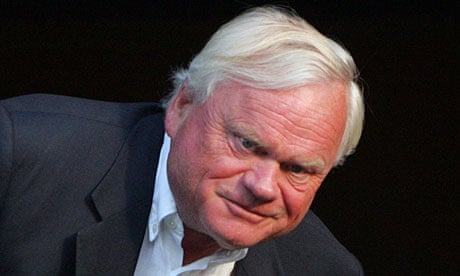A band of super-rich foreign tycoons who took Cypriot citizenship in recent decades – lured by a favourable tax regime – are expected to be among the hardest hit by the island's surprise deposit tax as several are believed to have been required to deposit at least €17m of their fortunes on the island to qualify for citizenship.
Billionaires attracted to the island by the controversial citizenship scheme, designed to court super-rich figures, include Norwegian-born oil tanker tycoon John Fredriksen, Israeli internet gambling entrepreneur Teddy Sagi, and Alexander Abramov, the Russian steel magnate who chairs FTSE 100 group Evraz.
Cyprus's then interior minister, Neoclis Sylikiotis, explained the rules to local newspaper Cyprus Weekly in 2010: "Cypriot nationality is given in special cases, following approval from the council of ministers … on the basis of specific criteria, including the applicant being over 30, having no criminal record, owning a permanent home in Cyprus and travelling to the island."
Further criteria include depositing at least €17m with a local bank over five years, direct investments of €30m, or registering a large business on the island.
Between 2007 and 2010 some 30 foreign nationals, mostly Russians, were reportedly granted Cypriot citizenship. Most prominent among them was Abramov. "Mr Abramov is considered to be offering high level services to the Republic of Cyprus, taking into account his business activities," explained Sylikiotis. "Therefore, reasons of public interest justify his naturalisation as a special case."
Abramov is a close business associate of Chelsea FC owner Roman Abramovich, and together with fellow Russian Alexander Frolov they hold controlling interests in FTSE 100 steel group Evraz, through Cyprus investment vehicle Lanebrook Ltd. Abramov is chairman and, according to Companies House, lists his nationality as Russian — so he may hold joint citizenship. A spokesman for Evraz could not be reached for comment.
Forbes magazine's list of the world's richest people puts Abramov's fortune at $4.6bn, which does not come close to making him Cyprus's wealthiest naturalised citizen. That honour goes to 68-year-old Fredriksen, who made his first fortune during the Persian Gulf "tanker wars" that accompanied the 1980s Iran-Iraq conflict. According to his biographer, Fredriksen's operations were "the lifeline to the Ayatollah."
Like Abramov, he oversees his global empire from London, but he is said to keep homes in Oslo and Marbella as well as Cyprus. For many years, Fredriksen was Norway's richest man, but in 2006 is said to have given up Norwegian citizenship in favour of the Mediterranean island, reportedly because it offered his family better tax arrangements. Today he ranks 87th on the Forbes list, worth an estimated $11.5bn. In the last decade his business interests have expanded into deepwater drilling. He could not be reached for comment.
Other billionaires attracted to Cyprus include controversial online gambling entrepreneur Teddy Sagi, who owns close to half of Playtech, the £1.6bn gaming software group he founded and partially floated on the London stock exchange.
Sagi, whose fortune is estimated at $1.8bn, has been based in Cyprus for some years, though he lists his nationality as Israeli in corporate filings and regularly features on lists of Israel's wealthiest individuals.
He is reported to have invested considerable sums in Cyprus, sponsoring a school in Larnaca which bears his name and establishing the island's first synagogue. Local press reports at one stage suggested Sagi might not qualify for Cypriot citizenship because of a conviction for securities fraud in 1996. A spokesman for Playtech could not be reached.
One wealthy tycoon with Cypriot roots who will definitely not be affected by the tax is easyJet founder Sir Stelios Haji-Ioannou. He told the Guardian: "Personally, I don't think I am affected by the measures but obviously have friends and family who are."
Born in Athens, Monaco-based Stelios inherited his parents' joint British and Cypriot citizenship, but he has never lived or worked on the island. He does however have charitable activities there.
